$TSLA $BTC $XLF
#ElonMusk #CFPB #ConsumerFinance #FinancialRegulation #ConsumerProtection #USMarkets #FinanceNews #RegulatoryAffairs #TechandFinance #MuskBusiness #CryptoMarkets #EconomicPolicy
Elon Musk, a name synonymous with innovation and disruption, often finds himself at the center of economic and technological debates. Now, there appears to be speculation or discussion around his potential interest in the Consumer Financial Protection Bureau (CFPB), a U.S. regulatory agency. While Musk is no stranger to challenging the status quo in industries like automotive and space exploration, his possible commentary or involvement with the CFPB raises both eyebrows and questions. Established in the aftermath of the 2008 financial crisis, the CFPB operates on a relatively small budget, especially compared to other federal agencies. However, it has proven to be a vital advocate for the rights of American consumers, holding financial firms accountable through enforcement actions and financial regulation. Concerns about Musk’s hypothetical engagement come from the risk of altering its mission or undermining the institution in ways that could negatively impact ordinary American consumers, particularly those who benefit from increased transparency and accountability in financial markets.
The CFPB has certainly made a substantial impact since its inception, often punching above its weight by imposing regulatory penalties on banks, credit card companies, and mortgage lenders for unfair practices. Financial markets have a delicate equilibrium, and institutions like the CFPB play a critical role in ensuring stability by maintaining consumer trust and preventing systemic risks. Musk’s business empire, ranging from Tesla ($TSLA) to his recent foray into social media, often involves a combination of audacity and scrutiny. If Musk were to exert influence over the CFPB—a move that’s still hypothetical—it could signal a shift toward deregulatory philosophies that might benefit large corporations but leave average consumers exposed to predatory practices. Such a scenario would have ripple effects across financial stocks, particularly those in the financial services sector, as represented by $XLF, an ETF tracking financial firms.
From a market perspective, any major shift or challenge to the CFPB’s regulatory framework could affect confidence in consumer finance markets. A retreat from strict enforcement could embolden questionable financial practices, potentially boosting short-term profits for certain firms while increasing risks to consumers and, by extension, the broader economy. For instance, cryptocurrencies like Bitcoin ($BTC) might experience tightened skepticism—or loosened scrutiny—depending on such regulatory changes. Given Musk’s advocacy and influence in the tech and crypto sectors, a scenario involving the CFPB could also affect investor confidence in decentralized financial systems, further intertwining these two distinct markets. Both traditional and emerging financial spaces, therefore, have a vested interest in preserving the delicate balance the CFPB maintains.
On a broader economic scale, the CFPB acts as a counterweight to unbridled market forces. Its small budget belies its power to impose hundreds of millions in penalties annually, often returning these funds directly to consumers who have been wronged. While Musk’s business strategies and disruptive innovations have undoubtedly pushed industries forward, applying similar principles to financial regulation could have unintended consequences. Responsible governance, especially in sectors where consumer trust is paramount, demands a level of restraint and careful consideration that could clash with Musk’s otherwise bold leadership style. As investors watch for any related developments, markets tied to financial regulation, consumer trust, and tech-based finance could remain especially sensitive in the months ahead. Stability in these markets depends not just on innovation but also on a framework that protects the people fueling the economy—individual consumers.
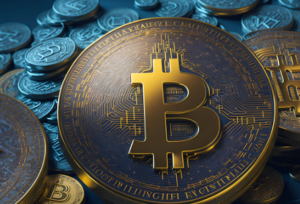
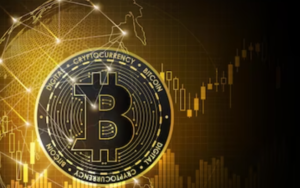
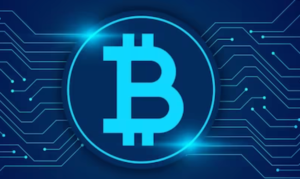
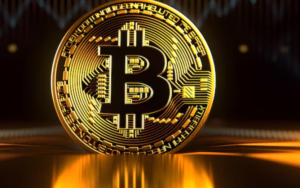




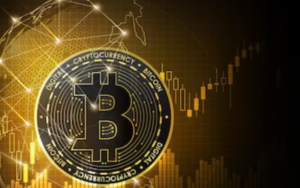

Comments are closed.